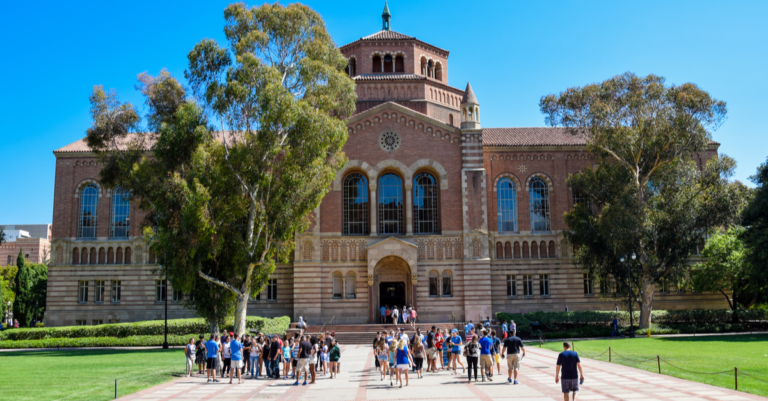Financial Management as a New Doctor: Where to Start
Congratulations to all the new doctors! You are all going to save a lot of ... Read more
Written by: Patricia Sanders
Published on: June 14, 2021
Congratulations to all the new doctors! You are all going to save a lot of ... Read more
Written by: Patricia Sanders
Published on: June 14, 2021

Classes will be starting soon, but for many students, the COVID-19 pandemic may have resulted ... Read more
Written by: Student Doctor Network
Published on: July 21, 2020

Premed (and even high school) life can be full of rumors about medical school admissions. ... Read more
Written by: Christine Fader
Published on: December 5, 2018

Welcome to part two of our blog series in which we share proven learning strategies ... Read more
Written by: Osmosis
Published on: August 14, 2018

With the start of classes quickly approaching (and Amazon Prime Day just around the corner!) ... Read more
Written by: Student Doctor Network
Published on: July 14, 2018

There is an exhilarating sensation that rushes through your veins when you first get a ... Read more
Written by: Katayoon Dowlatshahi
Published on: July 9, 2018

Summer—the season of sun, swimming, relaxing, and traveling. For most people, summer can be the ... Read more
Written by: Renee Marinelli
Published on: June 19, 2018

It’s hard to be a pre-med. There are high expectations for the types of experiences ... Read more
Written by: Joel Butterly
Published on: June 11, 2018

Whether you are changing careers or deciding late in your college career that medicine is ... Read more
Written by: Jeff Thomas
Published on: April 26, 2018

While most students dream of getting an acceptance letter from just one medical school, others ... Read more
Written by: Cassie Kosarek
Published on: March 14, 2018

By Yoo Jung Kim, MD Candidate, Stanford University Many students start college gung-ho about going ... Read more
Written by: Yoo Jung Kim
Published on: March 13, 2018

The medical journey offers many opportunities to make some big moves, whether it’s to start ... Read more
Written by: Amy Rakowczyk
Published on: March 1, 2018

Maybe you have been watching Untold Stories of the E.R. on loop, and you are ... Read more
Written by: Cassie Kosarek
Published on: February 14, 2018

The AAMC Premed Team recently conducted a few twitter polls which asked premeds to share ... Read more
Written by: AAMC Staff
Published on: February 8, 2018

To say you are busy may be an understatement! You’re balancing a full course load, ... Read more
Written by: AAMC Staff
Published on: January 11, 2018

Plotting out your course of study in anticipation of any MCAT test date is difficult ... Read more
Written by: Cassie Kosarek
Published on: December 13, 2017

This interview season, Student Doctor Network has partnered with the admissions team at the Medical ... Read more
Written by: Student Doctor Network
Published on: November 21, 2017

Demonstrating proficiency in the basic sciences is a hallmark of a good medical school application, ... Read more
Written by: Cassie Kosarek
Published on: November 8, 2017

In the US alone, there are literally thousands of state, regional and national medical associations ... Read more
Written by: Guideline Central
Published on: October 19, 2017